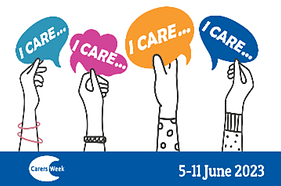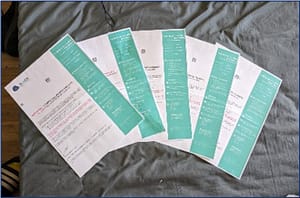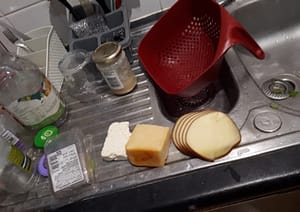On 5th June, the first day of carers week 2023, six carers from Dorset met for the first time and shared experiences of the effect of the cost-of-living crisis on their caring role. During the previous two weeks, each carer had taken photographs to capture the impact the cost-of living crisis was having on them, and their caring role.
A huge thank you to Moonmoon, Kim, Aiden, Jason, Katya, and Lesley for all your most generous contributions to this project so far, and for sharing your important experience, insight, and expertise.
Jason, Katya, and Lesley for all your most generous contributions to this project so far, and for sharing your important experience, insight, and expertise.
Using the qualitative research method of photovoice and working in partnership with the carers, this Bournemouth University project in collaboration with Bournemouth University PIER (Public Involvement in Education and Research) Partnership will translate these experiences of caring during the cost-of-living crisis into actionable knowledge, a call for change and to identify future research priorities.
At the workshop, facilitated by Professor Lee-Ann Fenge (Professor of Social Care) and Dr Kate Jupp (PIER Officer), and supported by co-researchers Pete Atkins (PIER Officer) and Angela Skeparovska (student research assistant) each carer shared the story and meaning behind each of their five chosen photographs; the photographs being the catalyst for the stories that emerged.
The workshop was incredibly powerful, and the images, and the experiences, thoughts, and feelings they represented were both hard to hear and important to share. Experience of homelessness, insolvency, losing the family home, using foodbanks, soup kitchens, community pantry and searching through bins for food were all shared. The hidden costs of health appointments, additional energy use for laundry and cooking to meet special dietary requirements were highlighted. Each of the carers shared how the current guidance to reduce energy consumption in the home was often in conflict with meeting the needs of the person being cared for. Underlying all these experiences was the personal cost of, and personal losses associated with caring. The carers articulated clearly and repeatedly the amplifying effect the cost-of-living crisis was having on their own well-being and the quality of life they were able provide for the person they were caring for.
The carers reported how important it was for them to share their stories and to be amongst others who understood. One carer reported “feeling lighter” when they left, and another said they “felt the session was rewarding and (they were) glad to have shared some insight of our support of loved ones”. All six expressed the wish to continue with this project.
The following images were taken from the 30 images shared during the workshop.
The first images captured the feelings and experience of being “completely overwhelmed” whilst falling further and further into debt:



This image is of food salvaged from a private dustbin on a driveway. The carer went on to explain the choice they subsequently faced, whether or not to toast the cheese, using energy on the grill, in an attempt to reduce the risk of food poisoning.
Dr Kate Jupp, PIER Officer: kejupp@bournemouth.ac.uk
Public Involvement in Education and Research (PIER) Partnership: www.bournemouth.ac.uk/pier